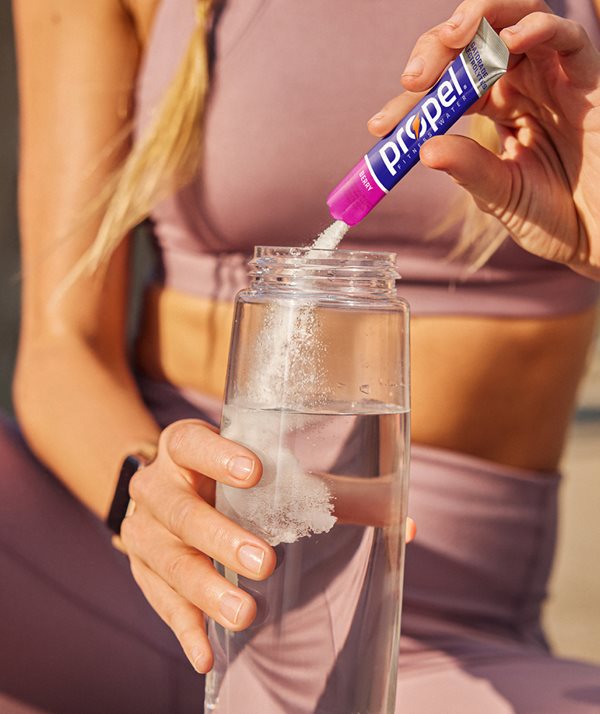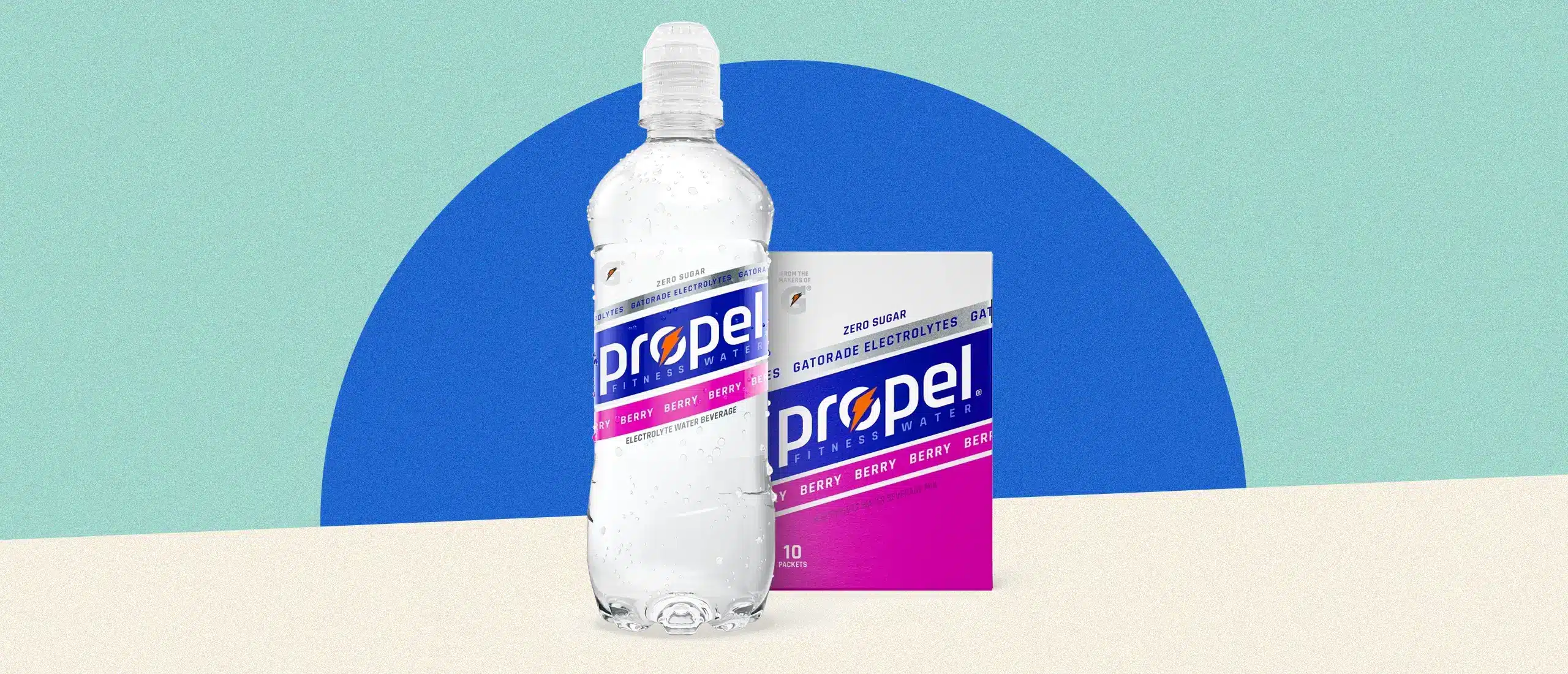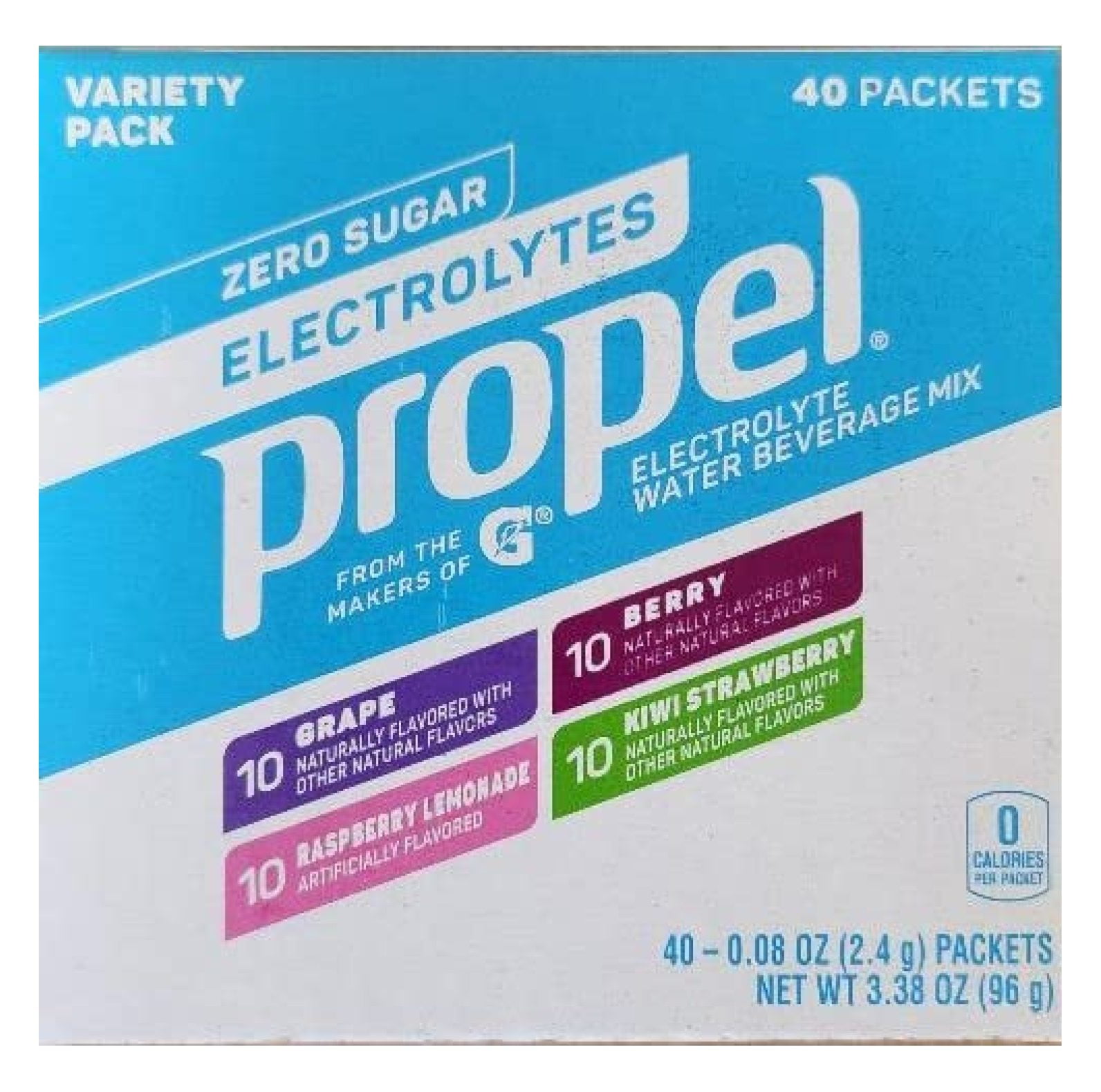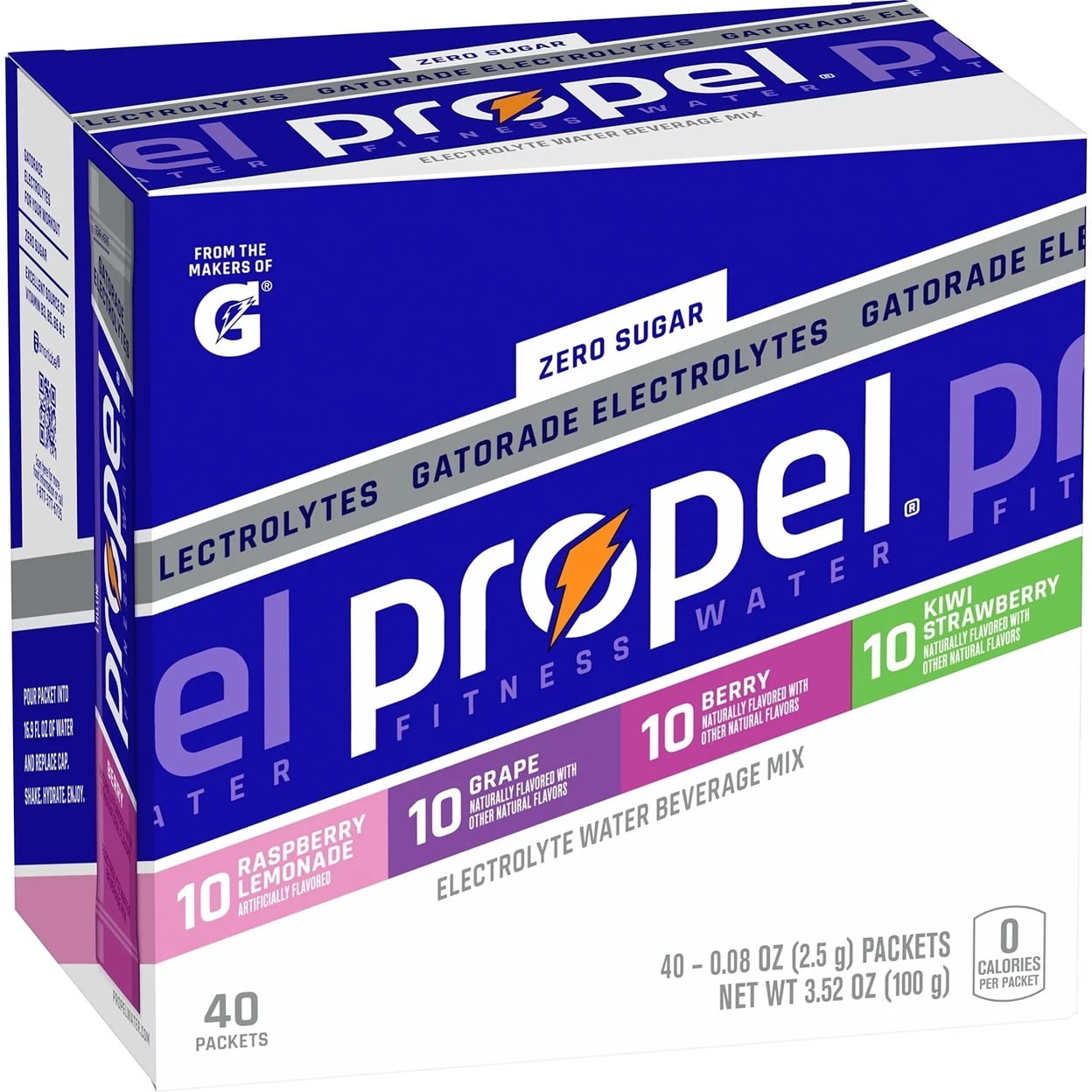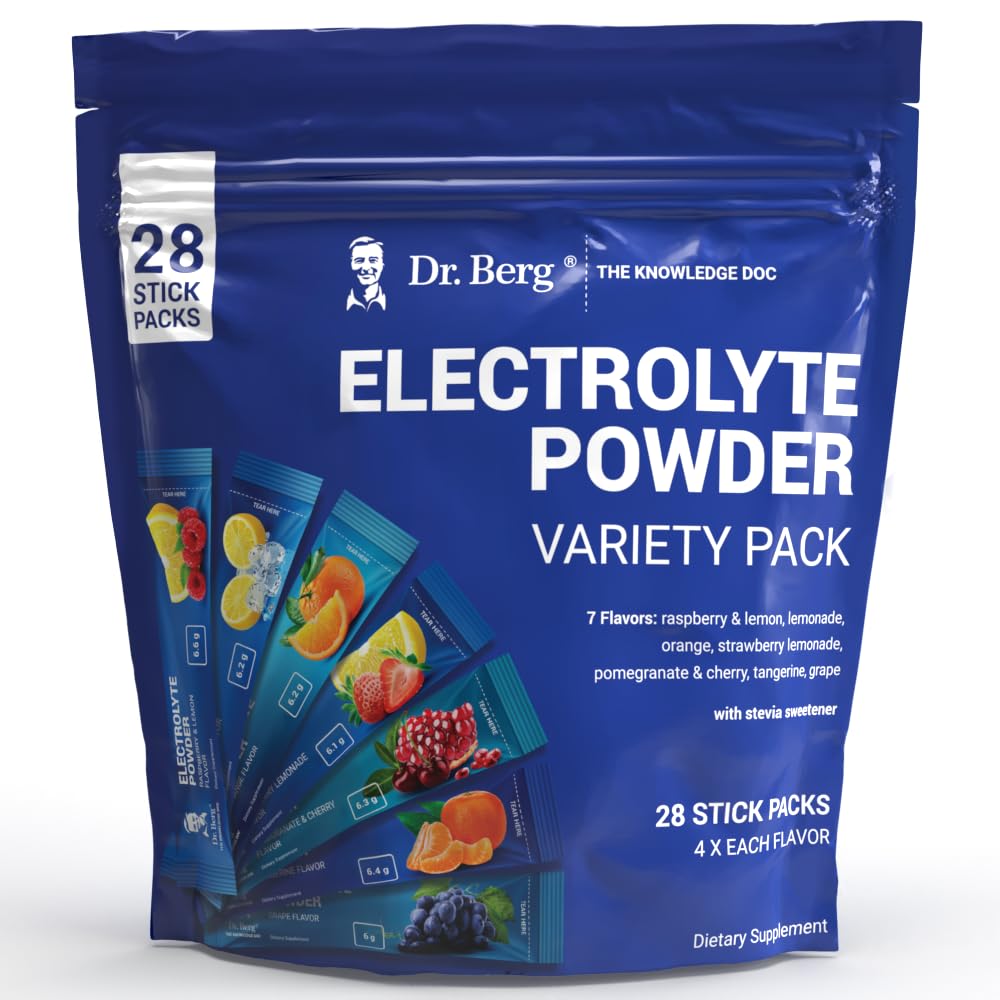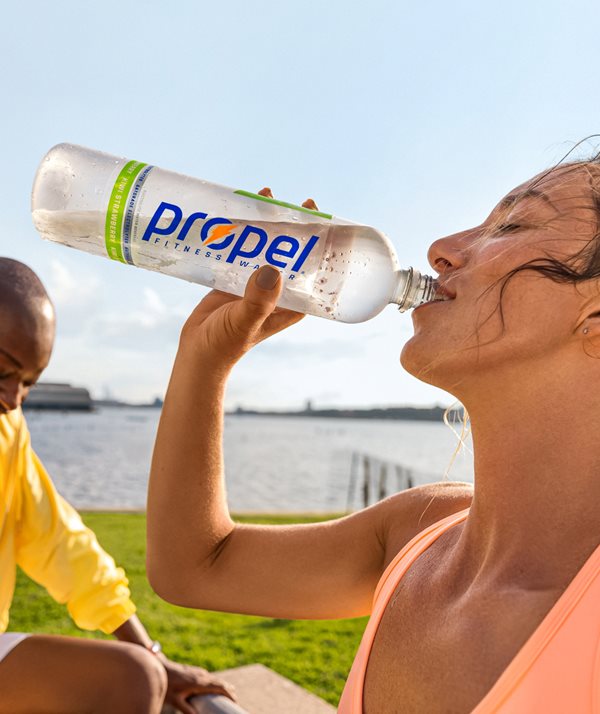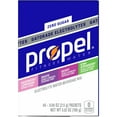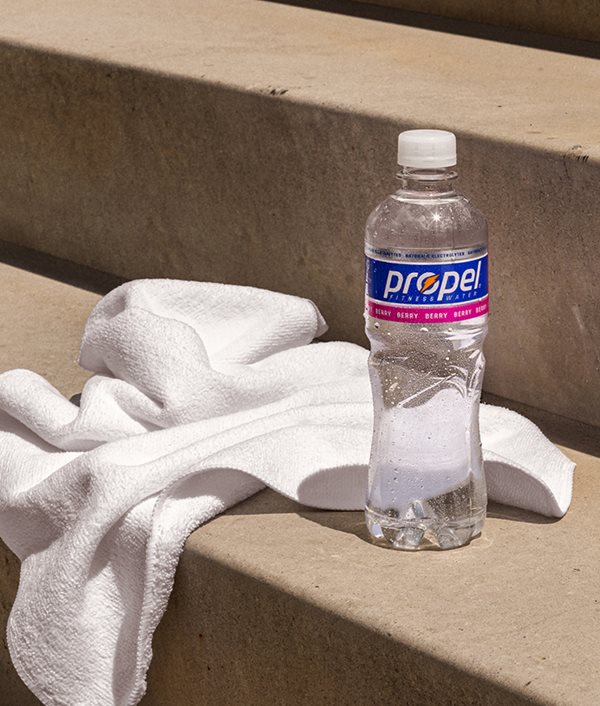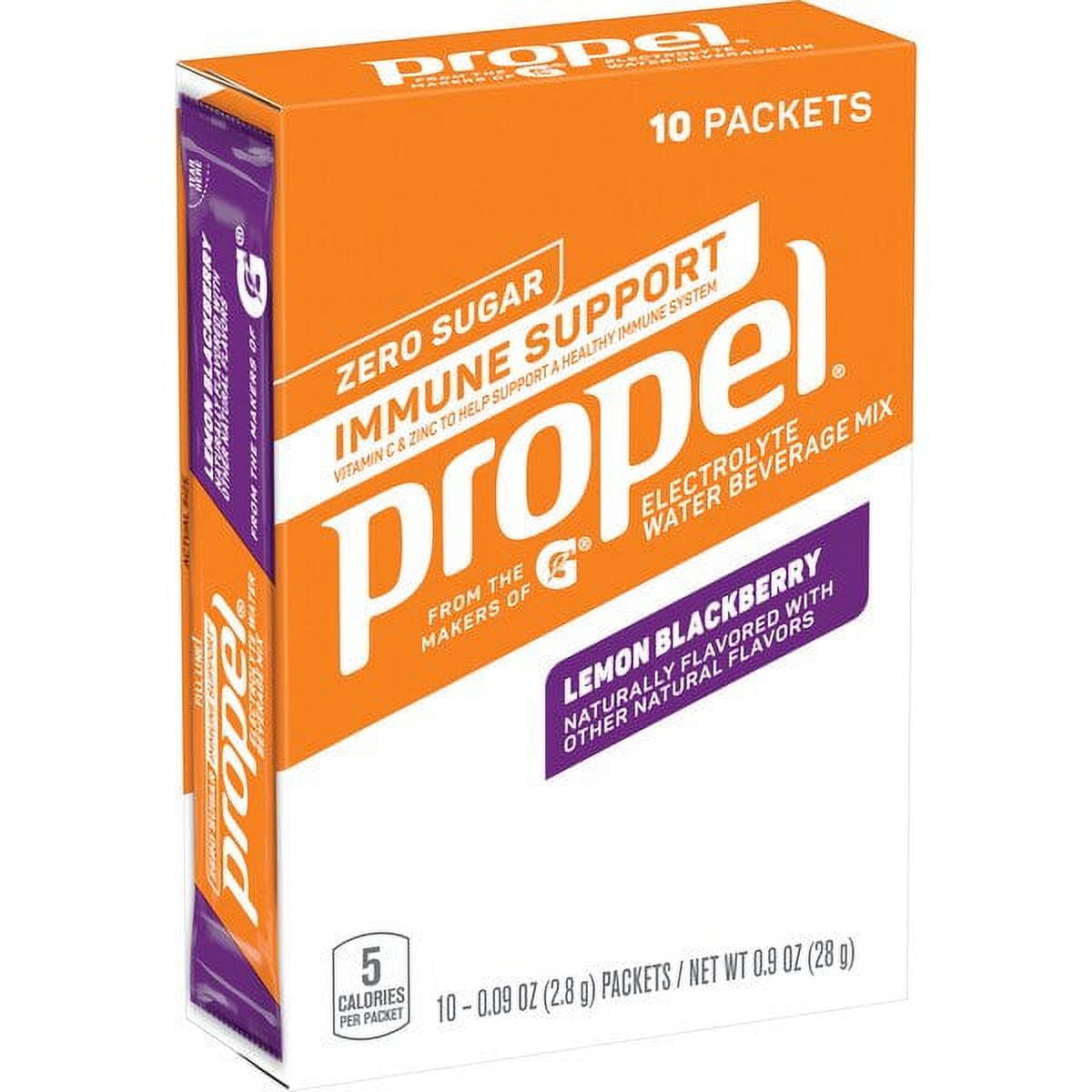Is Propel Electrolyte Powder Good For You
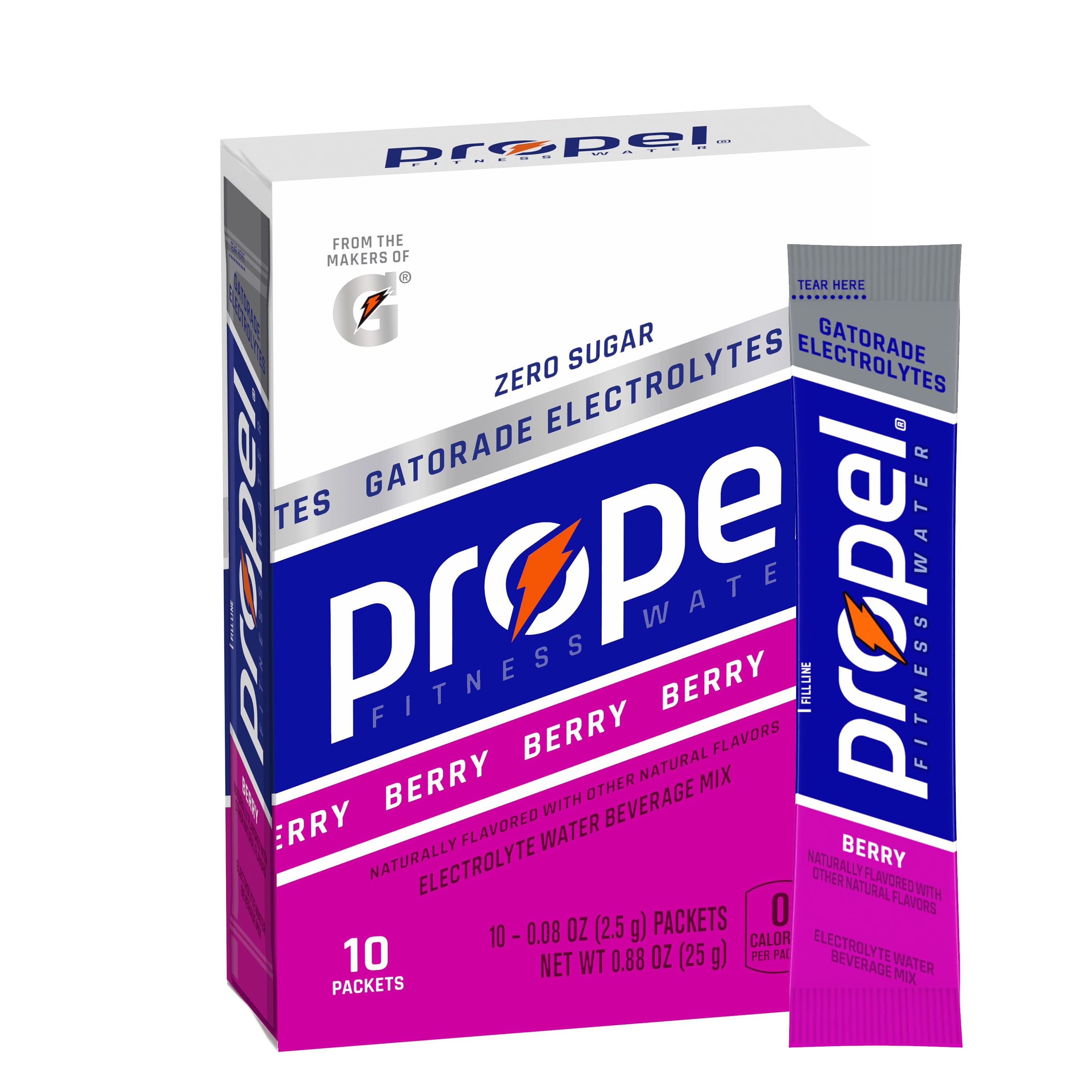
The vibrant hues of flavored electrolyte powders are a ubiquitous sight in gyms, on hiking trails, and increasingly, in everyday water bottles. Among the most popular is Propel, marketed as a convenient way to replenish electrolytes lost during exercise and daily activities. But beyond the appealing flavors and promises of enhanced hydration, a crucial question remains: Is Propel electrolyte powder genuinely good for you?
This article delves into the ingredients, benefits, and potential drawbacks of Propel electrolyte powder, examining its role in hydration and athletic performance, while also considering its impact on overall health. It will analyze its composition, comparing it to alternative electrolyte sources, and evaluate its suitability for different populations, providing a balanced perspective grounded in scientific evidence and expert opinions. We aim to cut through the marketing hype and offer a clear, fact-based assessment of whether incorporating Propel into your daily routine is a healthy choice.
Understanding Electrolytes and Hydration
Electrolytes, including sodium, potassium, magnesium, and calcium, are essential minerals that conduct electrical impulses in the body. These impulses are critical for nerve function, muscle contraction, and fluid balance. Maintaining proper electrolyte levels is vital for optimal bodily function, particularly during physical activity when electrolytes are lost through sweat.
Dehydration occurs when fluid loss exceeds fluid intake, leading to a decrease in blood volume and impaired physiological processes. This can manifest as fatigue, muscle cramps, dizziness, and even more severe health problems. Electrolyte imbalances can exacerbate dehydration, further hindering performance and well-being.
Many athletes and individuals engaging in strenuous activities turn to electrolyte drinks and powders like Propel to replenish what's lost. The key question is whether these products offer a superior solution compared to other hydration strategies.
A Closer Look at Propel's Ingredients
Propel electrolyte powder typically contains a blend of electrolytes (sodium, potassium), vitamins (B vitamins, vitamin C, vitamin E), citric acid, sweeteners (sucralose, acesulfame potassium), and artificial flavors and colors. The exact composition may vary slightly depending on the flavor variant.
Sodium and potassium are the primary electrolytes present, contributing to fluid balance and muscle function. The added vitamins are marketed as providing antioxidant and energy-boosting benefits.
However, the use of artificial sweeteners and colors raises concerns for some consumers. Some research suggests potential negative effects of artificial sweeteners on gut health and metabolism, although the evidence remains inconclusive. Artificial colors have also been linked to hyperactivity in some children.
The Benefits of Electrolyte Replenishment
For athletes and individuals engaging in intense physical activity, electrolyte replenishment can be beneficial. Studies have shown that consuming electrolyte drinks during prolonged exercise can improve performance, reduce muscle cramps, and prevent dehydration.
Propel provides a convenient and readily available source of electrolytes, making it an attractive option for those seeking to replenish these vital minerals quickly. The added flavors can also encourage increased fluid intake, contributing to overall hydration.
However, it's important to note that for most individuals engaging in moderate activity or following a balanced diet, electrolyte replenishment may not be necessary. Plain water and a healthy diet often provide sufficient electrolytes for daily needs.
Potential Drawbacks and Considerations
The artificial sweeteners in Propel are a primary concern for some consumers. While deemed safe by regulatory agencies like the FDA, some individuals may experience gastrointestinal distress or other adverse effects from consuming these sweeteners.
The reliance on artificial flavors and colors also raises concerns for those seeking natural and minimally processed products. While these additives are generally considered safe, some individuals may be sensitive to them.
Moreover, the sugar-free nature of Propel might not be ideal for all situations. During prolonged, high-intensity exercise, some athletes may benefit from consuming carbohydrates alongside electrolytes to provide energy.
Alternatives to Propel
Several alternatives to Propel offer electrolyte replenishment without artificial sweeteners or colors. These include natural electrolyte drinks made with coconut water, fruit juices, or homemade solutions.
Coconut water is a naturally rich source of electrolytes, particularly potassium. Fruit juices, such as watermelon juice, also contain electrolytes and can provide a source of carbohydrates for energy.
Homemade electrolyte solutions can be made by mixing water with a small amount of salt, sugar, and lemon or lime juice. These options allow for greater control over ingredients and can be tailored to individual needs and preferences.
Expert Opinions and Recommendations
Registered dietitians and sports nutritionists generally recommend prioritizing whole foods and plain water for hydration and electrolyte balance whenever possible. Electrolyte drinks like Propel can be a useful tool for athletes and individuals engaging in intense physical activity, but they should not replace a healthy diet and adequate water intake.
Dr. Emily Carter, a sports medicine physician, emphasizes the importance of considering individual needs and activity levels. "For recreational athletes or those engaging in moderate exercise, plain water and a balanced diet are usually sufficient. However, for endurance athletes or those training in hot environments, electrolyte supplementation may be beneficial," she states.
Jane Smith, a registered dietitian, advises caution regarding artificial sweeteners. "While generally considered safe, some individuals may experience negative effects from artificial sweeteners. If you are concerned, explore natural alternatives for electrolyte replenishment," she suggests.
The Verdict: Is Propel Good For You?
Propel electrolyte powder can be a convenient option for replenishing electrolytes lost during intense physical activity, particularly for those who find plain water unpalatable. However, its reliance on artificial sweeteners and colors is a concern for some.
For individuals seeking a natural and minimally processed option, alternatives such as coconut water, fruit juices, or homemade electrolyte solutions may be preferable. Ultimately, the decision of whether or not to use Propel depends on individual needs, preferences, and tolerance to its ingredients.
Looking forward, the demand for healthier and more natural electrolyte products is likely to continue to grow. Companies may respond by developing formulations that utilize natural sweeteners, flavors, and colors, providing consumers with a wider range of options to choose from. Until then, informed consumers should carefully weigh the benefits and drawbacks of Propel and other electrolyte products before incorporating them into their daily routine.
